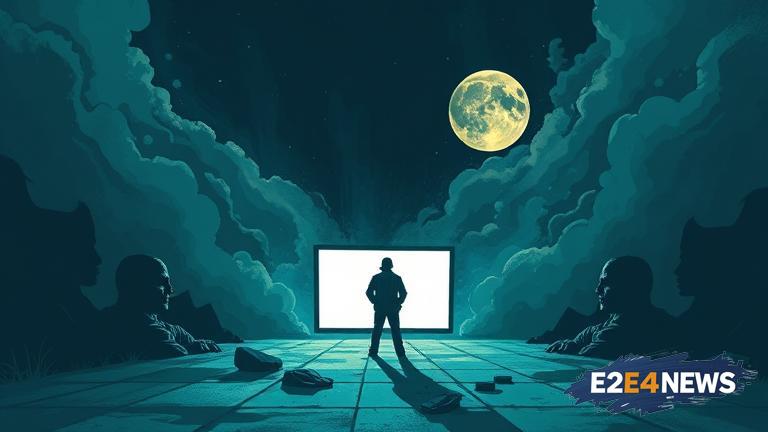The Netflix series Upload, created by Greg Daniels, has sparked intense debate about the concept of digital afterlife. The show revolves around Nathan Brown, a man who chooses to upload his consciousness into a virtual reality after his death. This digital afterlife, known as Lakeview, promises an eternity of bliss and luxury, but at a steep price. As the series progresses, it becomes clear that Lakeview is not just a utopia, but also a dystopia. The uploaded consciousnesses are trapped in a never-ending cycle of pleasure and indulgence, devoid of any real purpose or meaning. The show raises important questions about the morality of uploading human consciousness and the implications of such a technology on society. One of the primary concerns is the issue of consent. In the show, Nathan’s decision to upload is made under duress, and he is not fully aware of the consequences of his choice. This raises questions about the autonomy of individuals and their right to make informed decisions about their own lives and deaths. Another concern is the potential for exploitation. The company behind Lakeview, Horizen, is a for-profit organization that prioritizes its own interests over the well-being of its uploaded clients. This creates a power imbalance, where the uploaded consciousnesses are at the mercy of the company. The show also explores the theme of class and social inequality. The cost of uploading is prohibitively expensive, making it accessible only to the wealthy. This creates a new form of social stratification, where the uploaded elite live in luxury, while the rest of humanity is left behind. Furthermore, the show highlights the psychological effects of uploading. The uploaded consciousnesses are forced to confront their own mortality and the meaninglessness of their existence. This leads to a range of emotional and psychological problems, including anxiety, depression, and existential dread. The show also raises questions about the nature of identity and self. If a person’s consciousness is uploaded, are they still the same person? Or are they a copy, a simulation, or a completely new entity? The implications of this are profound, and challenge our understanding of what it means to be human. In addition, the show explores the theme of relationships and love. The uploaded consciousnesses are able to form connections with other uploaded individuals, but these relationships are often superficial and lacking in depth. This raises questions about the nature of love and relationships in a digital world. The show also touches on the issue of free will. The uploaded consciousnesses are trapped in a predetermined environment, with limited agency and autonomy. This raises questions about the extent to which our choices are truly our own, or if they are determined by factors outside of our control. The show’s portrayal of a digital afterlife also raises questions about the role of technology in society. Is technology a tool for improving human life, or is it a force that controls and manipulates us? The show suggests that the answer is complex, and that technology can be both liberating and oppressive. Ultimately, the show concludes that the concept of digital afterlife is a complex and multifaceted issue, with both positive and negative implications. While it offers the possibility of eternal life and happiness, it also raises important questions about morality, consent, exploitation, and the human condition. As we consider the potential of uploading human consciousness, we must carefully weigh the benefits and drawbacks, and consider the potential consequences of such a technology on our society and our humanity. The show’s exploration of these themes is both thought-provoking and entertaining, making it a must-watch for anyone interested in science fiction, philosophy, or technology. The show’s use of humor and satire also adds to its appeal, making it a unique and engaging viewing experience. Overall, Upload is a show that challenges our assumptions and forces us to think critically about the world we live in. It is a show that will leave you questioning the nature of reality, the meaning of life, and the implications of emerging technologies on our society.
